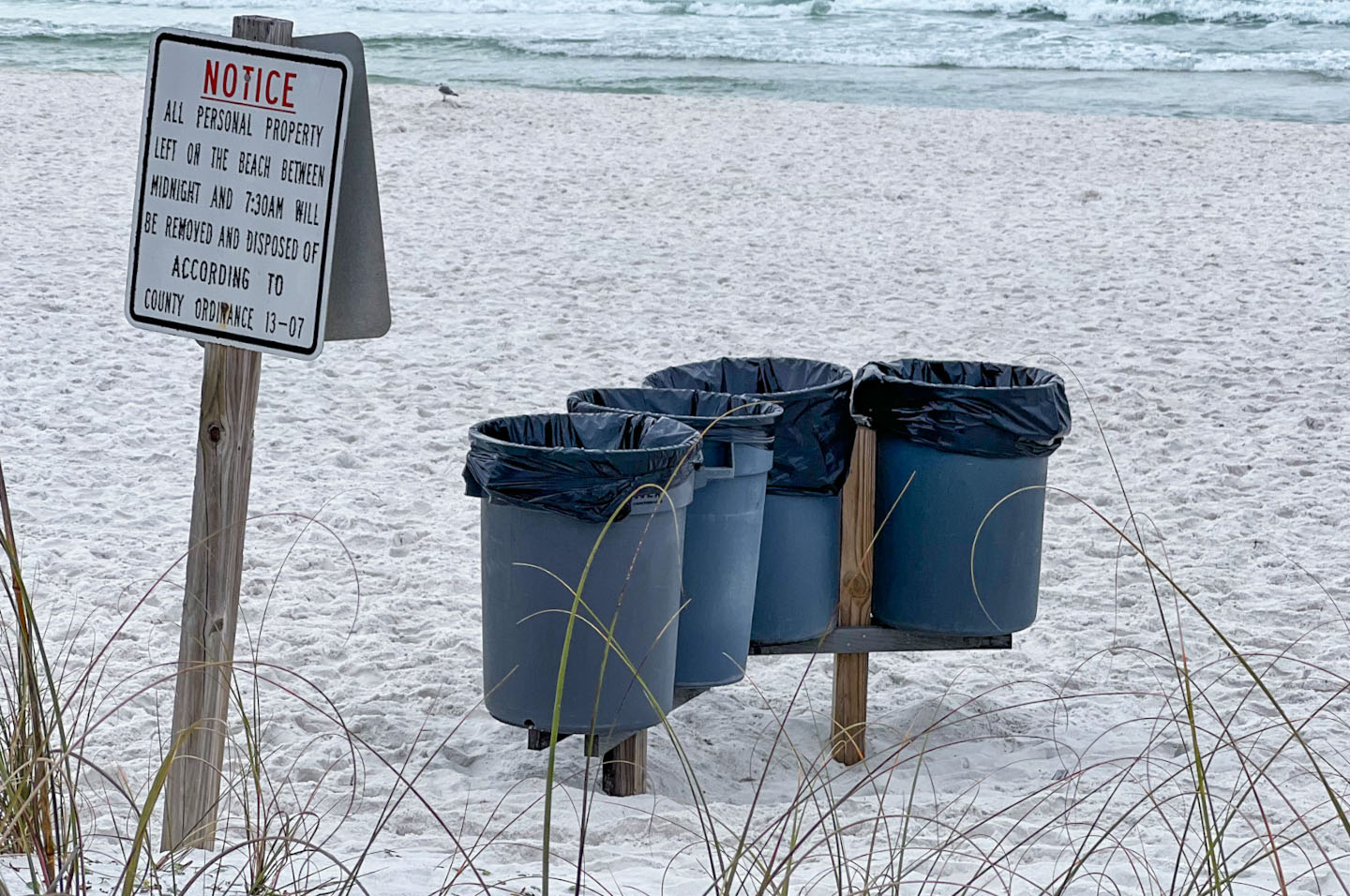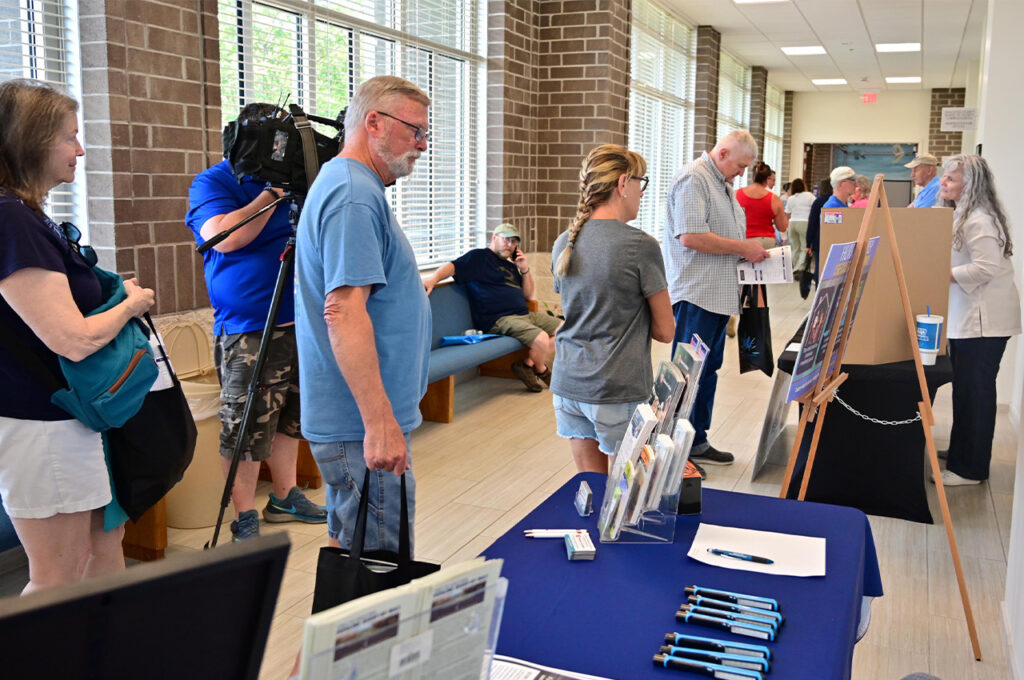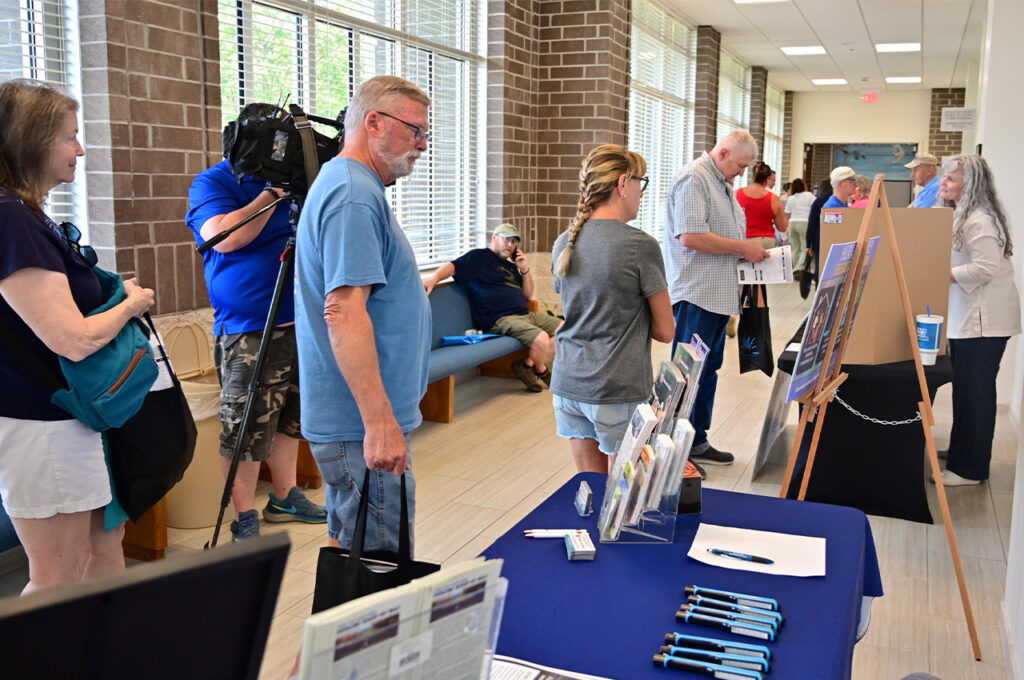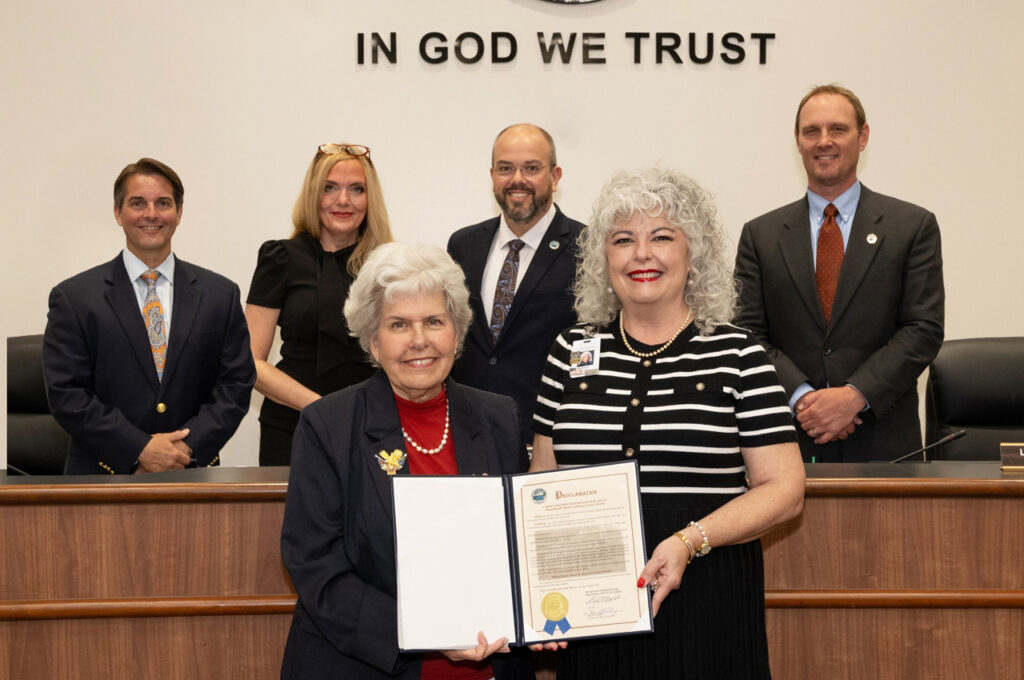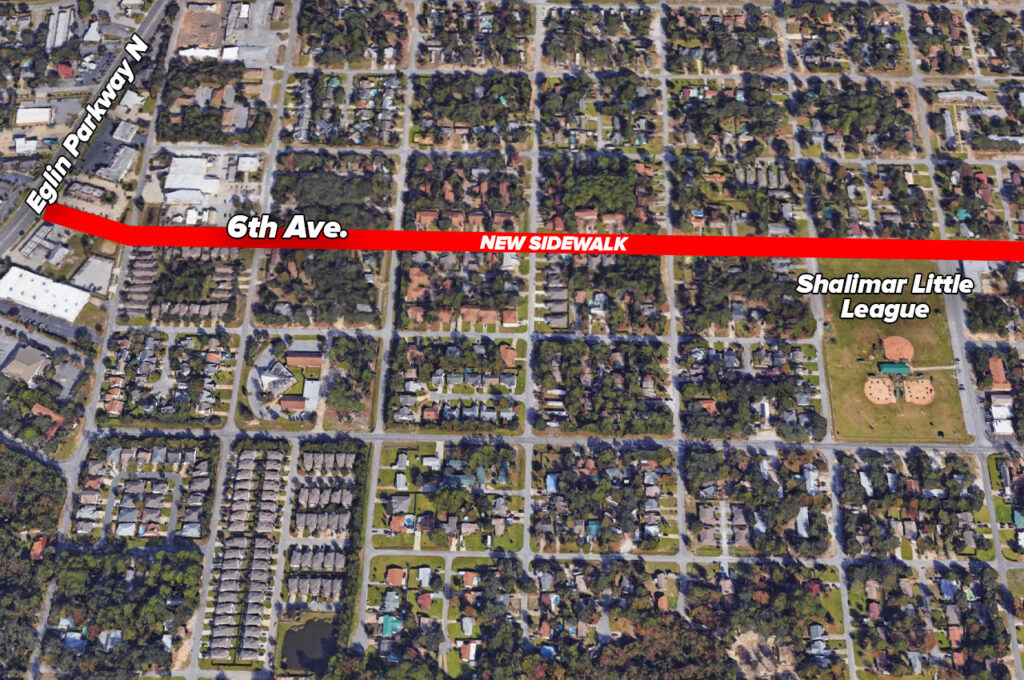If you’ve ever gone out to one of the public beach access points on Okaloosa Island, you may have noticed that there are only trash cans available near the walkways.
We’ve seen numerous requests for recycling options along the beaches over the last two years. However, contamination rate is one of the major reasons why it hasn’t happened.
Okaloosa County is currently sitting at about a 23% contamination rate as it pertains to recyclables. Per their agreement with ECUA in Escambia County, they need to stay below 25%.
“If we’re already sitting at a 23% contamination rate and we’re monitoring everything that goes into our recycling bin at our own homes, you can imagine what it would be like if we had unattended recycling bins out there on the beach after everybody’s tired and ready to lighten their load as they hop in their cars,” explained April Sarver, Public Information Officer for Okaloosa County. “The contamination rate would be high out on those beaches.”
Another reason is that the county’s franchise agreement with ECUA is for a “curbed recycling program.” The franchise agreement does not include businesses such as condo associations or hoteliers, or pickup along the beach.
- Yes, but: Those buildings do have the option to reach out to Waste Management and opt-in to a recycling program for their residents and guests, if they choose to do so.
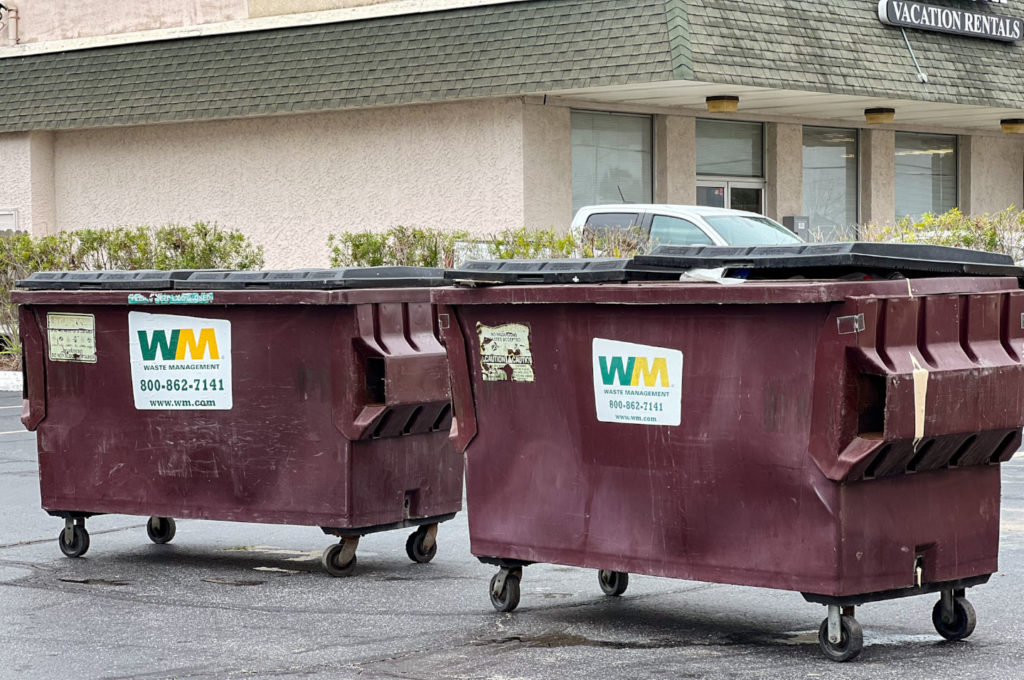
As for the beaches, it doesn’t look like unattended recycling bins will make an appearance anytime soon. The county’s single-stream pickup program means that you don’t have to separate glass from plastic from cardboard.
- Items not recyclable are almost always guaranteed to make it inside the cans.
“I definitely think that there could be a big impact on the environment if we were able to capture the recycling from tourism,” said Sarver. “However, we would have to be sure that there was a way to keep that from being contaminated with regular trash and so far, it doesn’t look like reducing the contaminants and having an unattended recycling bin is going to work to keep the contamination level as low as it needs to be.”
Not all is lost, however. There are programs that the County does support along with some community activism such as Erase The Trace, who have installed “borrow bins” on Okaloosa Island.
“When someone leaves the beach and they want to get rid of their boogie boards or beach toys, beachgoers can put them in the bins and they can be reused,” said Sarver.
Although those efforts are more on the repurposing side, not necessarily recycling, even restaurants on Okaloosa Island have pitched-in by reducing single-use plastics.
“A lot of the restaurants are going to paper straws, or you have to ask for a straw,” explained Sarver. “You don’t automatically get one. That will reduce some of this single-use plastics and reduce some of the waste that we see out there.”
Finally, the county teamed up with the City of Destin on the “Leave No Trace” initiative, which encourages beachgoers to “take only memories, and leave only footprints.”
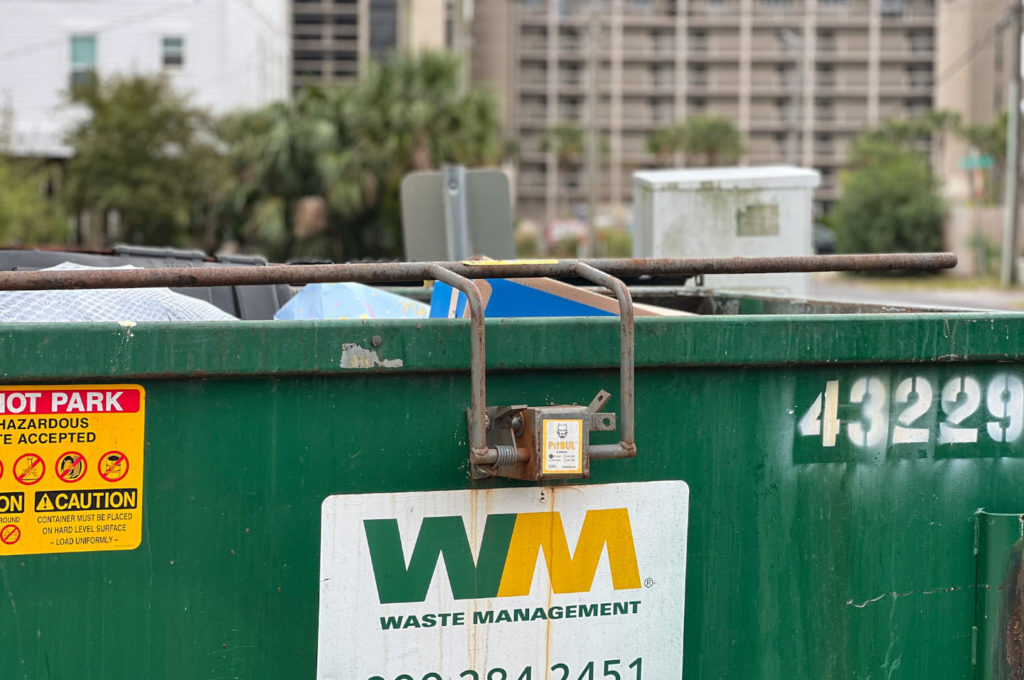
“We don’t want to leave litter and trash on the beach,” said Sarver. “If you brought it with you, pick it up. If you have trash, be sure to throw it out. We want to make sure we’re leaving as little impact as possible on the environment so that we can continue to have such a healthy ecosystem on our beaches and in our waterways.”
Final word: Individuals can drop-off recyclables at the South Okaloosa County Transfer Station on 630 Transit Way off of Martin Luther King Jr Blvd in Fort Walton Beach.

